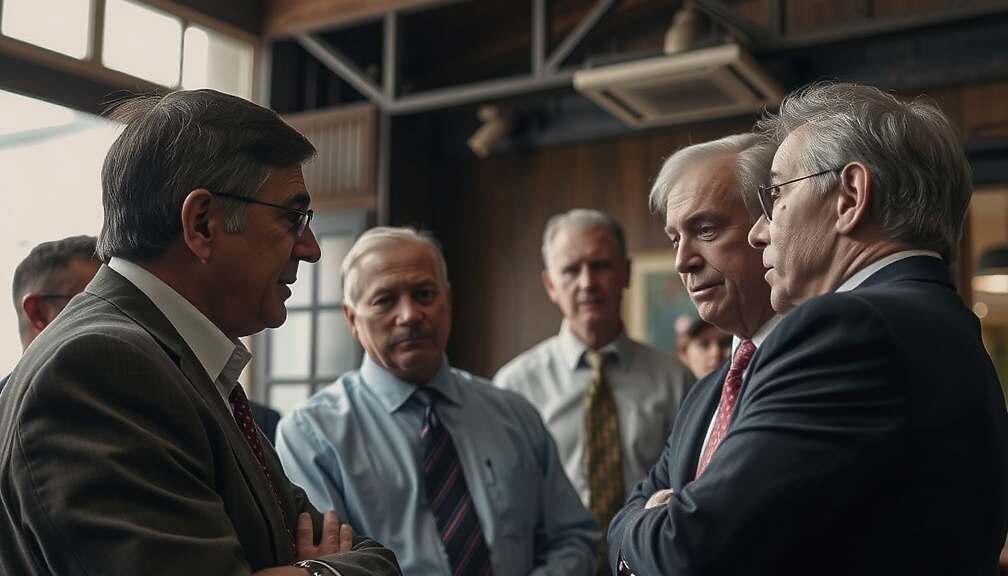The leader of Germany’s Left party (Die Linke), Janine Wissler, has signaled a conditional willingness to engage in dialogue with CDU leader Friedrich Merz, outlining a stark contrast between potential cooperation and outright rejection of perceived political maneuvering. Wissler’s comments, delivered to Politico magazine, highlight the deepening political deadlock within Germany and raise questions about the evolving dynamics between the Left and the conservative CDU.
While acknowledging a willingness to discuss fundamental reforms, including revisions to the debt brake (Schuldenbremse) and bolstering municipal finances, Wissler emphatically ruled out any collaboration resembling the recent contentious election of a Federal Constitutional Court judge, characterizing it as “political theater”. This points to a deep-seated distrust within Die Linke regarding the CDU’s intentions and tactics.
Currently, Wissler asserts that the CDU’s actions preclude any meaningful collaboration. She specifically criticized the party’s approach to migration policy and its commitment to austerity measures, labeling them effectively mirroring the platform of the far-right AfD. This accusation underscores the widening ideological chasm within the German political landscape.
Wissler challenged the CDU to clarify its position and definitively establish where its “firewall” against the AfD lies. Her question directly confronts the CDU, forcing a public declaration regarding its commitment to democratic alliances versus opportunistic partnerships. This pressure comes amidst speculation that the CDU is increasingly reliant on the AfD to advance its agenda.
Addressing recent debates surrounding urban development prompted by Merz’s remarks, Wissler shifted focus to the root causes of issues plaguing German cities. She argued that the real problem isn’t aesthetic or infrastructural, but stems primarily from pervasive poverty. This perspective directly challenges the narrative often employed by conservative politicians and redirects attention to the social inequalities fueling broader societal challenges. The potential for cooperation, therefore, hinges on a fundamental shift in the CDU’s policy approach, demonstrating a tangible commitment to addressing social inequality rather than pursuing superficially appealing solutions.












